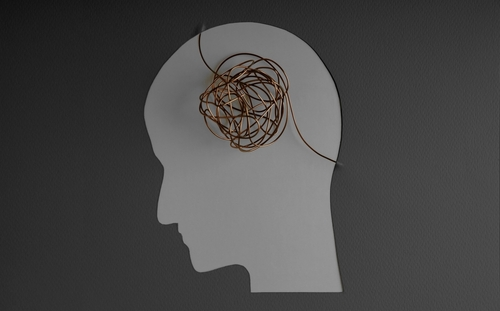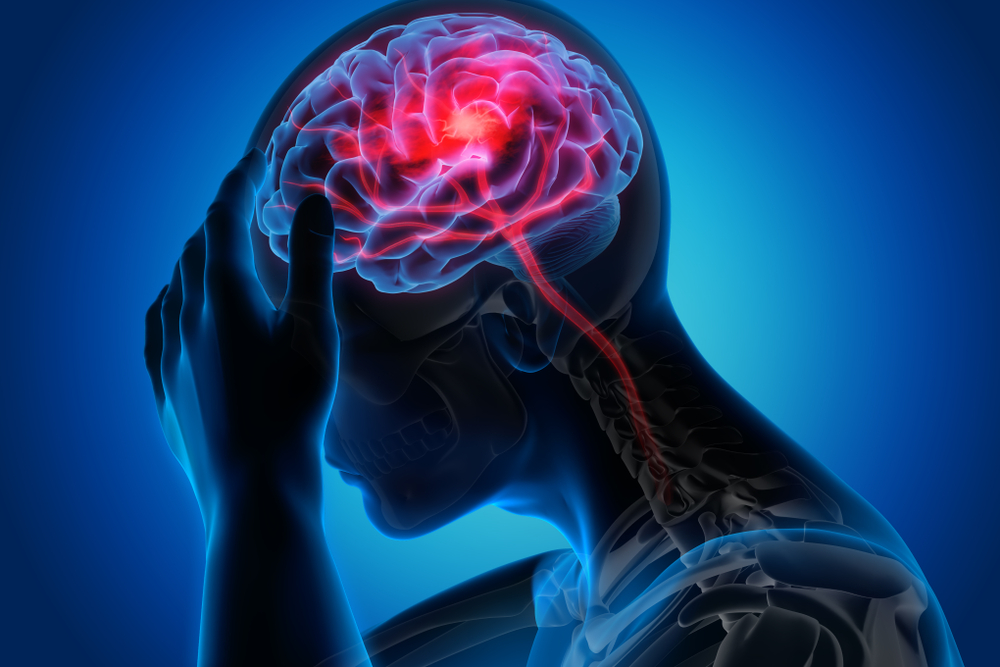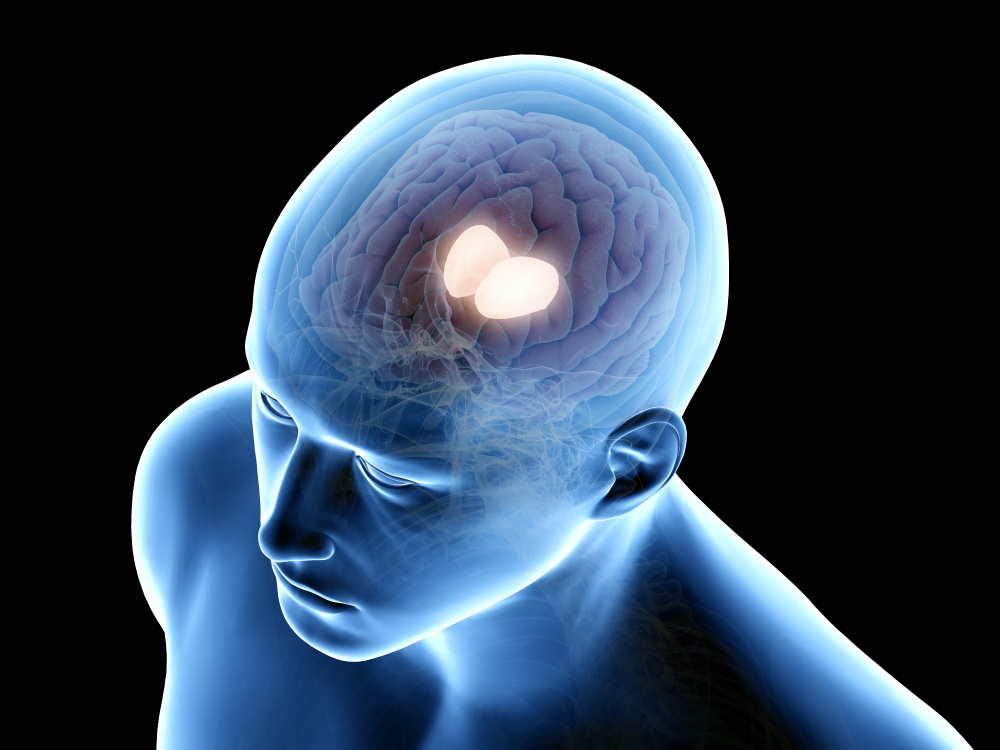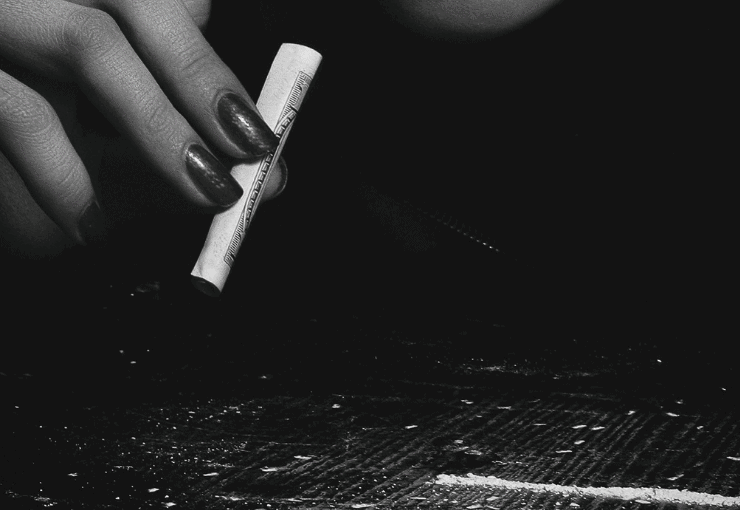How long does it take to rewire the brain from addiction? The process of rewiring the brain from addiction can vary depending on the individual and the severity of the addiction. When you use substances, dopamine is flooded into the brain, so you experience a sensation of happiness you start to miss when you’re sober. The absence of dopamine when you aren’t utilizing it can cause you to feel nervous and unhappy. Dopamine levels fluctuate in areas related to pleasure, which increases a person’s cravings to use drugs again.
Some brain pathways have been discovered to be particularly prone to be rewired in those who suffer from substance use disorder. The rewiring makes it more likely for the person to continue abusing illegal substances. The longer you consume the chemical, the longer it has to work on changing your brain’s chemistry, architecture, and function. When you get dependent on substances, you eventually lose your ability to operate normally without them.
In this blog, we will explore how long it takes to rewire the brain from addiction and discuss the factors that can influence recovery.

How Addiction Impacts The Brain
Research has shown drug users have highly active brain regions that may trigger cravings. These alterations help to explain why addicts who have substance use disorder can relapse even after going through a treatment program. The functional areas of the brain may result in intense cravings when subjected to triggers, which raises the risk of relapse.
Addictive drugs and alcohol overstimulate the brain’s reward system by flooding it with dopamine. As drug use continues, the brain adapts to the overstimulation in harmful ways:
- The basal ganglia, the brain’s reward system, is hijacked, reducing the ability to feel pleasure from natural rewards.
- The emotional regulation center of the brain, the extended amygdala, is disrupted, causing mood swings and intense cravings.
- The prefrontal cortex, involved in impulse control and decision-making, is impaired, making it difficult to control impulses and behavior.
- The hippocampus, essential for learning and memory, creates a powerful addictive cue that persists long in addiction recovery.
The key to overcoming addiction is to avoid these substances and behaviors long enough for the brain to rewire itself toward a more rewarding, well-balanced, and healthy state. One of the most effective ways to optimize this rewiring process is through a comprehensive treatment program that includes a combination of behavioral therapies, counseling, and medication-assisted treatment. This approach can help individuals manage cravings, build healthy coping mechanisms, and develop a robust support system.
How The Brain Rewires In Recovery
A recovering addict needs to undergo a process of brain rewiring to achieve lasting sobriety and addiction recovery. Relapses will continue to be a problem for the person until the rewiring procedure is completed.
If melancholy makes someone want to drink, then sorrow is the stimulus that makes someone want to drink. Through brain retraining, the brain learns to understand sadness as a feeling as an emotion that may be controlled by talking to a friend or therapist. Rewiring the brain entails merely retraining it to respond to triggers differently. Here are some of the ways that someone can rewire their brain while in addiction recovery:
Detoxification
Abstaining from substance abuse allows the brain and body to stabilize without it. This initial process can take weeks or months as withdrawal symptoms subside, the brain begins to recalibrate, and normal brain function returns.
Establishing New Routines
A daily schedule filled with healthy habits, hobbies, social interaction, self-care, and natural rewards helps the brain learn a new way to feel good. Exercise, nutrition, sleep, stress and depression management, and social connection are essential.
Therapy and Counseling
Professional support helps uncover the underlying causes of addiction and Provides coping skills and strategies to cope with cravings, triggers, and life challenges healthily. Both individual and group therapies with counseling are beneficial.
Seeking Community Support
Connecting with others committed to sobriety provides accountability, guidance, and encouragement. Support groups, sober friends and family, and online recovery apps help rewire the brain by creating new neural connections. Admitting to a treatment program can also help begin the recovery process and provide resources to prevent relapse.
Practicing Mindfulness
Mindfulness meditation, yoga, and conscious awareness of thoughts and behaviors help strengthen self-control and decision-making skills. This leads to a balanced and stable mind and a calm nervous system.
Accepting Setbacks and Trying Again
Relapse is part of the process, so learn from it and return to recovery work immediately. With each day of sobriety, the brain heals a little more. Stay dedicated and never stop trying.

How Long Does it Take to Rewire the Brain from Addiction?
The process of rewiring the addicted brain is highly individualized, and there is no set timeframe. The length of time required for the brain to recover from addiction entirely depends on a variety of factors, including:
Type of Substance Used
More addictive drugs like cocaine, meth, and heroin can take longer to recover from compared to other substances like alcohol or marijuana.
Individual Circumstances
Mental health, physical health, environment, support system, and genetics affect recovery. With the proper support and resources, any brain can heal.
Level of Commitment to Change
The more dedicated someone is to their sobriety through ongoing effort and positive action, the more quickly and thoroughly the brain will rewire itself.

Finding Hope In Neuroplasticity
The addicted brain is damaged yet resilient. While addictive drugs and alcohol can rewire the brain in harmful ways, the brain retains a remarkable ability to bounce back and change again. This is known as neuroplasticity, the capacity for neurotransmitter connections and pathways to be altered based on experiences. The same neuroplasticity that leads to addiction can also pave the way to recovery.
When in active addiction, the brain adapts to the frequent influx of dopamine, and changes in critical areas result in a dependence on the substance to give feelings of pleasure or cope with distress. But in recovery, the brain responds to new experiences and positive rewards, forging healthier connections and pathways that support sobriety. It’s important to note that the process of rewiring the brain is not linear, and there may be setbacks along the way. However, with patience, perseverance, and the proper support, individuals can achieve a rewarding, well-balanced, and healthy state free from addiction.
Treatment Options to Help Rewire Brain from Addiction
Experts say the average time for wiring the brain is 90 days. But everyone’s situation is unique. Over time, the brain can create new neural pathways that support healthier behaviors and thought patterns. However, the time it takes to rewire the brain fully can vary; some individuals may require ongoing support and treatment to maintain their recovery. There are many different treatment options for addiction recovery, and all of them can be beneficial in helping improve brain health. Here are some of the treatment options:
- Behavioral therapy: Behavioral therapy is a type of counseling that helps individuals identify and change negative thought patterns and behaviors. This can include cognitive-behavioral therapy (CBT), which focuses on changing negative thinking patterns and behaviors, and dialectical behavior therapy (DBT), which helps individuals regulate their emotions and develop healthy coping strategies.
- Holistic therapies: Holistic therapies, such as yoga, meditation, and acupuncture, can help individuals manage stress, reduce anxiety, and promote overall well-being. These therapies can also effectively promote the brain’s rewiring process by promoting relaxation and assisting individuals in developing healthy coping mechanisms.
- Support groups: Support groups, such as Alcoholics Anonymous (AA) or Narcotics Anonymous (NA), provide a supportive community of individuals also recovering. These groups offer peer support, encouragement, and accountability, which can be essential in maintaining recovery.
What’s Next
The treatments mentioned above assisted recovering addicts in developing new brain circuits and thought patterns that help them adapt to a sober lifestyle. During the inpatient treatment, the encouragement of other recovered addicts teaches people how to deal with typical triggers and discover fresh, healthy approaches to handling challenging emotions and demanding life situations.
- Find out just how your body and brain can heal with the assistance of skilled medical professionals by speaking with them.
- You should be aware that the effects of chemical dependency on the brain can be recovered if you or someone you love is battling addiction.

Alcohol Addiction Treatment – Seek the Help You Deserve
Retaining the brain can take up to a month in some people. Others may require several months. The human neurological system is neuroplastic, which can alter positively and negatively. Negative behaviors can be unlearned by brains damaged by substance addiction. Understanding that addiction treatment is not a magic cure that will make the dependence go away overnight is crucial.
To fill that gap, Asheville Recovery Center is established for your needs. We act as a lengthy, extended treatment program for patients requiring a secure and encouraging transition from therapy to totally independent living. Our recovery center tracks are tailored to each client’s schedule to help them handle their new obligations, such as living sober and looking for work while receiving regular treatment plans and community assistance.
If you or a loved one are suffering from substance use disorder, call us today to learn more about our addiction treatment programs and how we can help you live a happier, healthier, sober life.





